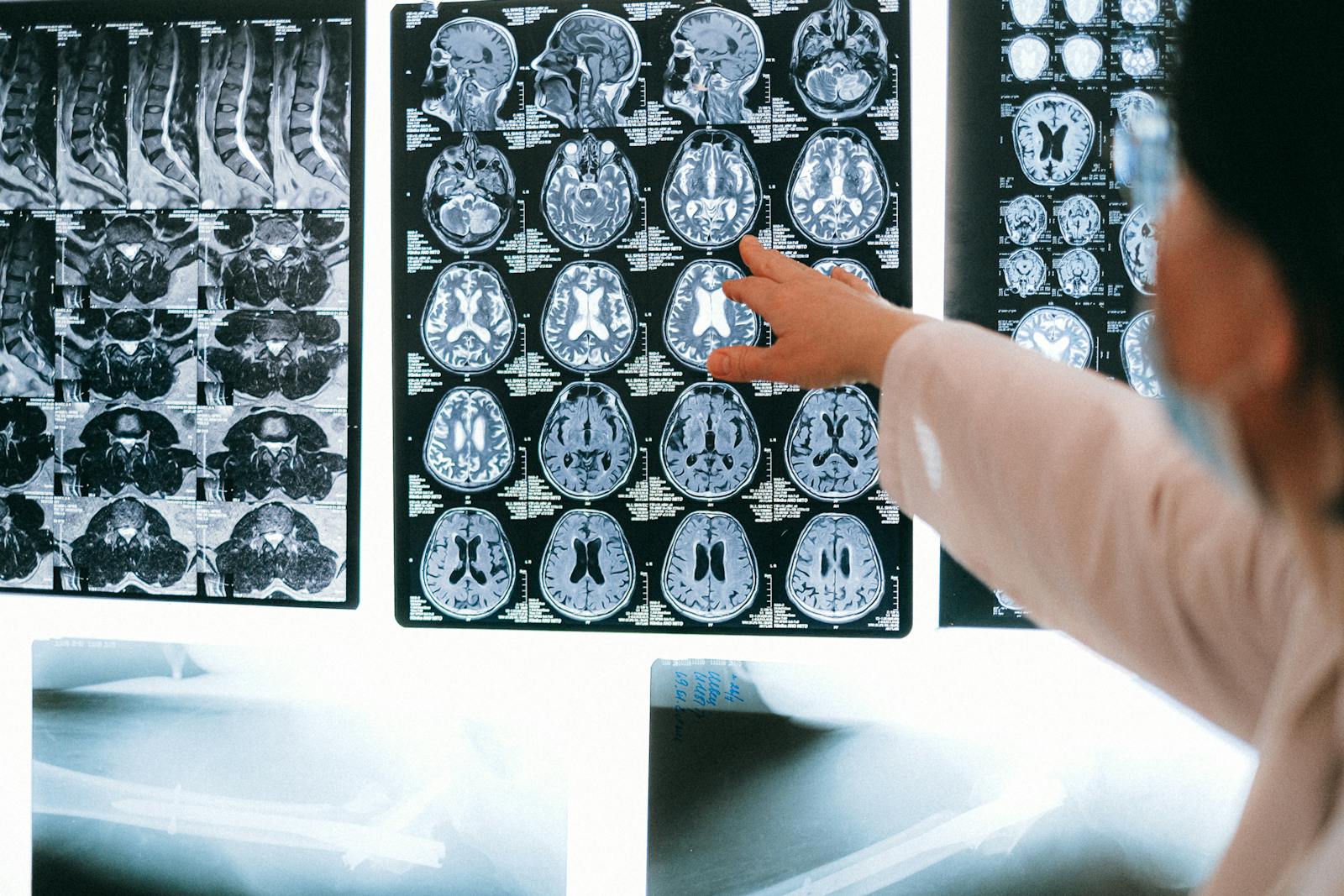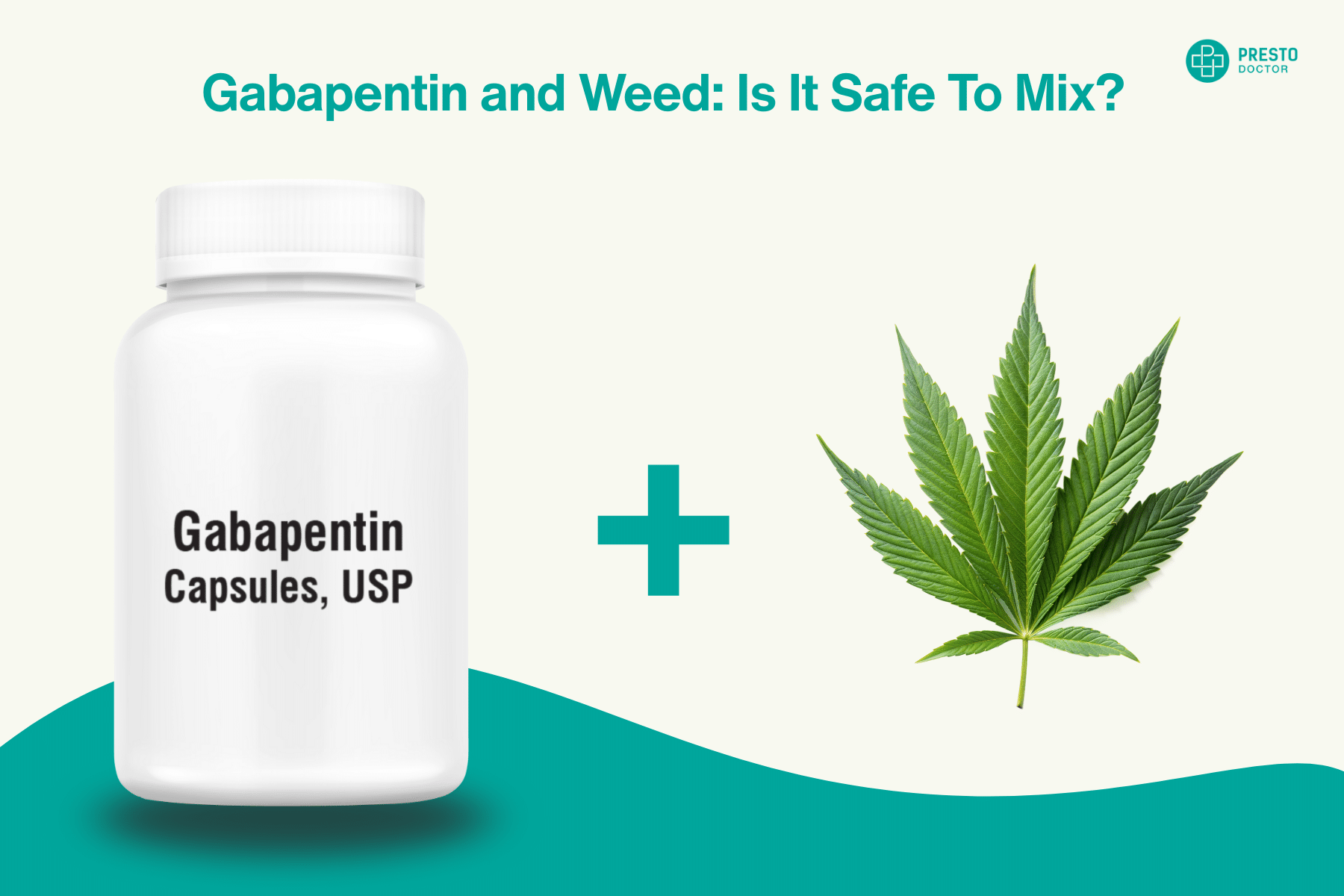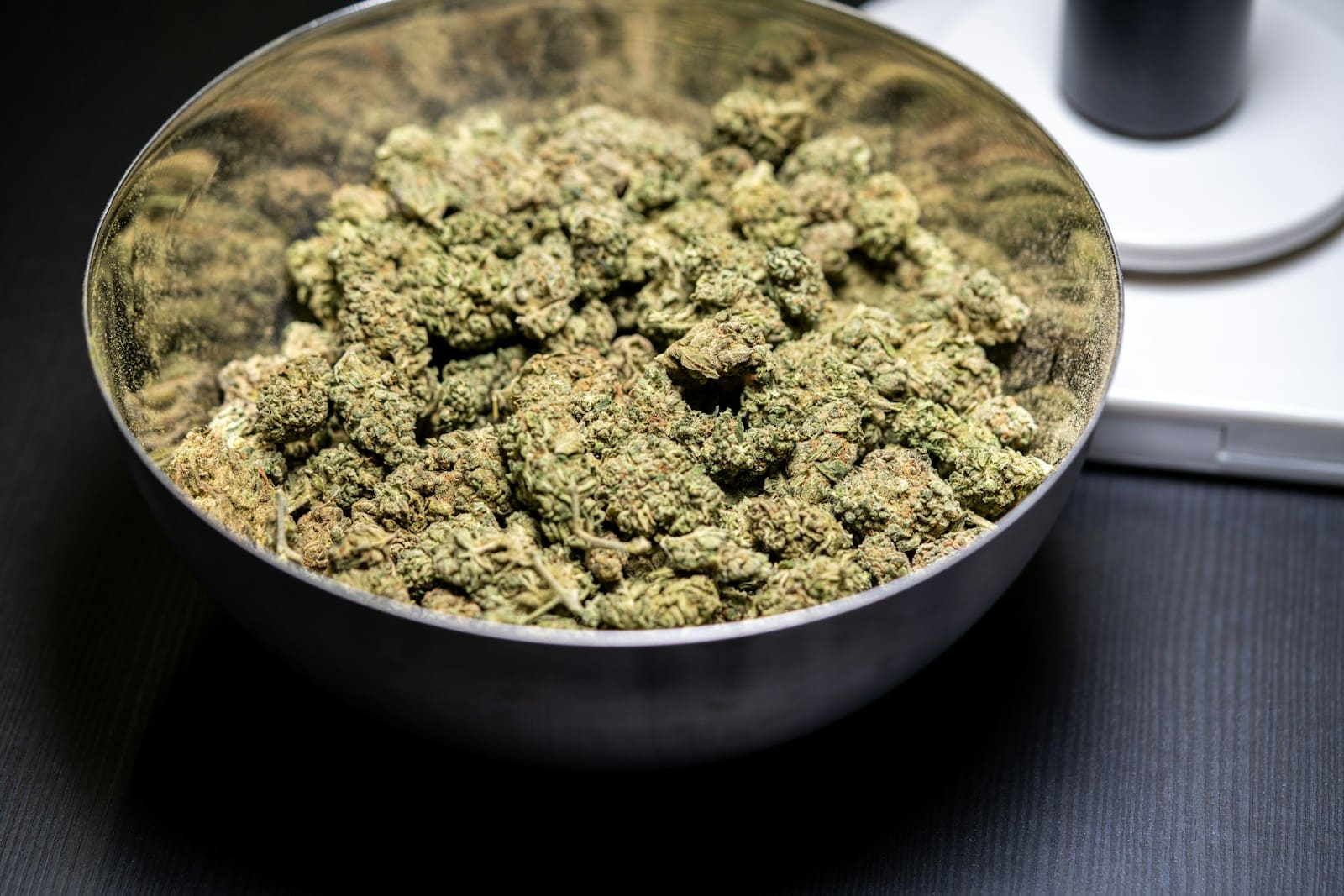
Research estimates that migraines affect roughly 12% of the population.
If you suffer from migraines, you don’t need us to tell you how debilitating a migraine spell can be. The severity of the pain is enough to cause sufferers to miss days at work or school. It puts everything on hold until the pain clears.
What makes things even worse is that both prescription and over the counter medications often have little to no effect on severe migraines.
These factors have led some migraine sufferers to seek relief through medical marijuana. Medical marijuana for migraines has a relatively long history of use, with reports showing that it is an acclaimed prescription for migraines as far back as the 1800s. Recent research is now validating the historical use of cannabis for the treatment of migraines.
If you are wondering whether or not medical marijuana can help for migraines, read on. We are about to share with you the six scientifically established benefits of cannabis and its compounds that give it the edge over migraines.
1. Marijuana Can Rectify a Deficiency That Causes Migraines
Researchers are now discovering that one of the causes of migraines is deficient levels of endocannabinoids within the body.
The Endocannabinoid System
Endocannabinoids are produced by the body and interact with the endocannabinoid system. The endocannabinoid system, in turn, regulates other systems, including brain and neurochemical function.
Now, what does all this have to do with using marijuana for migraines?
Well, you may have heard that marijuana contains compounds known as cannabinoids. These cannabinoids interact with our endocannabinoid system, helping to regulate it so that it can regulate other body systems.
In some cases, it can be that one’s body doesn’t produce adequate amounts of endocannabinoids. It turns out that the cannabinoids present in marijuana can act as substitutes for missing endocannabinoids needed by the body. They can also help regulate the endocannabinoid system to start producing correct levels of endocannabinoids.
Endocannabinoids and Migraines
Research has now emerged, showing that migraines are one of the numerous pathologies that have their roots in what is termed “clinical endocannabinoid deficiency” (CECD). Samples of spinal tap fluid from people who suffer from migraines, show abnormally low levels of the endocannabinoid anandamide (the body’s equivalent of THC).
If this is what is causing your migraine attacks, then it is possible that using marijuana could target the root cause by topping up your endocannabinoid levels and healing your endocannabinoid system.
According to the research, THC can act as a direct replacement for the endocannabinoid AEA. CBD can work on the endocannabinoid system as a whole to regulate it. Together these two can boost levels of natural endocannabinoids in the body.
2. Strong Pain Relief
The next area where marijuana can be of great benefit for migraines is pain relief. Medical marijuana has been taken by patients for pain relief for some time and can be highly effective. Some doctors are calling cannabis a contender for opiates. To give you an idea of how effective cannabis is for pain relief, let’s take a look at the research.
A study done in 2017 revealed that a whopping 97% of patients survey preferred to take cannabis over opiates for pain. What’s more, a further 81% reported that marijuana was more effective at pain treatment that prescription opiates.
3. Cannabis Compounds Fight Inflammation
Another significant benefit that marijuana can have for the treatment of migraines is that it fights inflammation in the body.
Research has shown that migraines are linked to severe swelling in the brain. When you think of the feeling of a migraine, this makes total sense.
Now the two most well-known compounds in cannabis happen to possess potent anti-inflammatory actions. The anti-inflammatory qualities of THC and CBD are so strong that they are being researched for use in new anti-inflammatory drugs.
4. Cannabis Can Have Anti-Nausea Effects
If you suffer from intense migraines, you are probably all too familiar with nausea that often accompanies them. As luck would have it, though, another medical benefit of marijuana is that it combats nausea. The anti-nausea component is one of the reasons why cannabis and its compounds are used so extensively for cancer patients. Multiple studies exist, documenting that marijuana and the compounds in it can ease nausea and prevent vomiting.
5. Taking Marijuana Can Make You Sleep Better
Another really-not-fun, knock-on effect of migraines is that you might not be able to sleep from the intense pain. Lack of sleep exacerbates inflammation and neural stress, which adds fuel to the fire when it comes to migraines. Not getting enough sleep is considered to be a huge migraine trigger. Great.
However, once again, this is another area where treatment with marijuana for migraines can help. Research has shown that the compounds in cannabis can cause one to fall asleep faster and to keep asleep longer. This scientific review also found that cannabis can specifically improve sleep quality for those who are in pain.
Do You Need Medical Marijuana for Migraines?
As you can see, the evidence that medical marijuana for migraines can be useful is overwhelming. One study’s results showed that by taking marijuana, sufferers could reduce the average number of monthly headaches they experience from 10.4 down to 4.6. If you are a victim of migraines, then you know what a difference this kind of improvement could have on your quality of life.
If you want to try out medical marijuana without delay— PrestoDoctor can help. In most states, you need to gain a prescription for medical marijuana from a health care practitioner. Once that is done, you can apply for your medical marijuana card, after which point you are free to purchase medical cannabis from a dispensary.
Are you pressed for time and don’t have space in your schedule to go out and find a doctor who can prescribe cannabis? Would you like to get your medical marijuana card from the comfort of your couch? If so, you can schedule an online consultation with us. After your video consultation, you will receive an official recommendation (this is kind of like a prescription), your medical marijuana ID card, and a personalized medical treatment plan.
Appointments are available in California, Nevada, New York, Oklahoma, and now Missouri—if you want to read what people are saying about PrestoDoctor – check out our 5 star standing on Trust Pilot. If you have any questions at all about what we do, contact us, and we will be happy to help.







